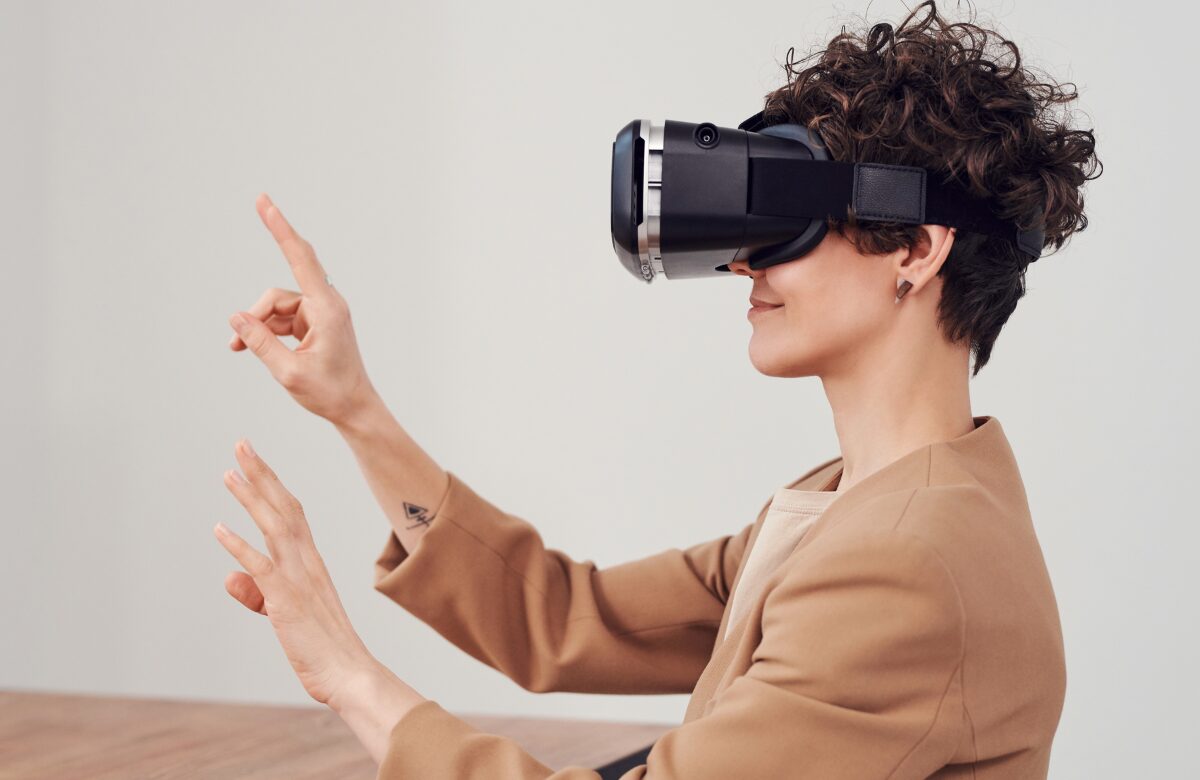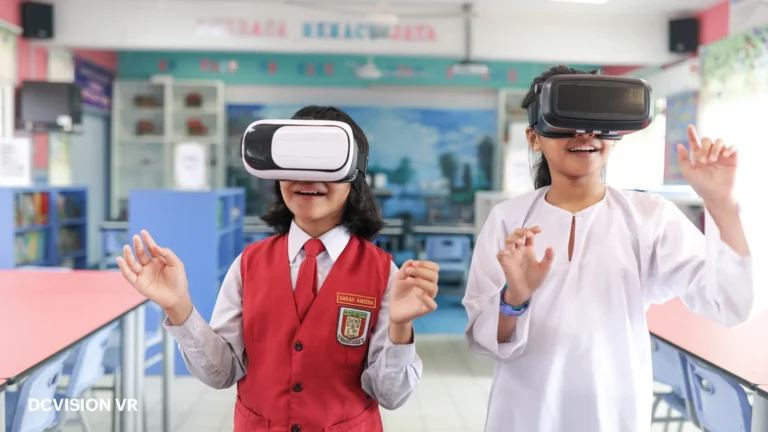

Virtual Reality For Real Estate – More sales & Leads
Virtual reality for real estate allows property buyers to view properties remotely. This helps them save time and money. It also helps realtors reduce their expenses for traveling.
VR can help in promoting properties that are under construction. This will boost vcommerce, which is sales that take place directly through VR.
Boosts Sales and Leads
As a result, real estate companies can make more sales and attract more clients. For example, a potential customer can look at their home or business designs in 3D before construction starts.
They can even decide if they want to make changes or upgrades. This saves time and money for both the realtor and their client.
Another way VR helps real estate is in the sale of under-construction property. Real estate marketers have a hard time marketing properties that are under construction as they lack furniture and fittings and have pale walls.
However, VR can help buyers feel confident and confident about their purchase, as they can see how their house will look once it is fully constructed.
Additionally, VR can also be used to show the location of a new development. This can be especially useful for international clients. They can see what the region is like, including its access to public transportation and hospitals.
Read also: VR impact in Real Estate- Virtual Property Tours
Helps in the Sale of Under-Construction Property
Virtual reality real estate solutions help potential homebuyers tour properties for sale remotely, avoiding the need for in-person visits. This streamlines the process and saves time and money for both parties involved.
Read Also: Virtual Reality Explained – Beginners Guide
Additionally, VR tours enable people to view hard-to-reach areas of a property, such as the roof or crawl spaces. This enables people to make more informed decisions about whether a property is right for them. It also helps them maintain safety standards while viewing homes.
VR has become an essential tool in the real estate industry due to its immersive nature. It can be used by all stakeholders in the real estate industry, including realtors, developers, investors, landlords, and Airbnb hosts.
This is because it enables them to showcase their projects in a realistic and immersive way, and to reach a wider audience. This is especially beneficial for under-construction property sales. It can allow potential buyers to visualize a property’s interior and exterior designs before they are built, boosting sales and decreasing delays.
Helps Tenants Effectively
Many industries benefit from virtual reality (VR). However, real estate is one of the industries that are most benefited by this technology.
There are several ways in which VR can be used for real estate, whether as a tool to market properties or help tenants with questions or issues that arise during their stay.
Traditionally, clients look at multiple properties before making a decision on which one to purchase. This can be time-consuming and expensive for the client. Virtual Reality can help with this by allowing clients to experience the property from their home.
This technology can also help with the marketing of properties that are still under construction. It can be difficult to sell a new construction property, especially to buyers who are uncertain about the final design of a house.
With VR, you can show buyers how the house will look once it is built, thereby increasing sales. It can also help with the communication between landlords and tenants, especially for businesses that offer short-term vacation rentals.
Helps in Identifying Issues
When it comes to real estate, many buyers have a difficult time visualizing homes that aren’t finished yet. VR home tours can help them see a property and its potential. This helps them build confidence and make better decisions about their purchase.
Besides, it saves both buyers and sellers money by eliminating the need to travel to see homes in person. This is especially true for buyers from out of town. VR also allows people to view areas of a property that are difficult to see, such as the roof and crawl spaces, while maintaining safety standards.
Virtual reality is becoming increasingly popular in the real estate industry, and it can help agents market properties more effectively. It can be used to conduct virtual meetings with clients, architects, and contractors.
Additionally, it can be used to create 3D visualizations of new construction projects. This can be a valuable tool for builders, as it can show what a house will look like before the construction starts.


